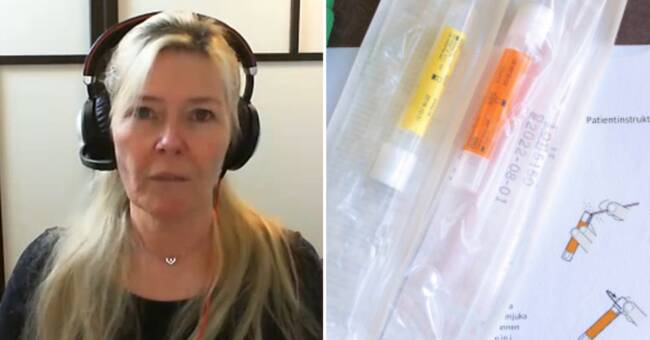The Riksdag has decided to call on the government to develop an action plan to completely eradicate cervical cancer within five to seven years.
The cancer affects about 500 women each year, 150 of whom die.
Sissi Hamnström Cole has been a patient representative at the cancer center southeast and herself has been free of cancer since 2015. But it required a total hysterectomy, radiation and cystostatics to get there.
She had been absent from the cell samples for many years.
- Once I started walking, it was discovered that I had cell changes and an HPV infection.
The gynecologist I went to then tested me for HPV virus, which not everyone did then, says Sissi Hamnström Cole.
After removing parts of the cervix, she received the message about cervical cancer.
- I had heard about cell changes but did not have the idea that I could get cancer, she says.
Side effects for the rest of your life
Today, she is free from cancer after treatment, but problems with lymphedema in her legs remain.
- It is terribly difficult to go through surgery and subsequent treatment.
You have the side effects you risk having for the rest of your life, she says.
"Incredibly important"
She is happy with today's message from the Riksdag and hopes that an action plan will become a reality.
But she needs a lot more, she says, more money for healthcare, the opportunity to test for HPV virus at home.
- It is incredibly important, this is one of the few cancers that can be eradicated.
Had this opportunity existed to be vaccinated and to have been able to follow up earlier, I might have escaped this.

